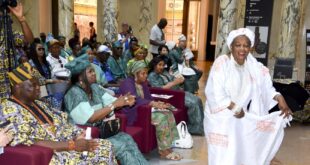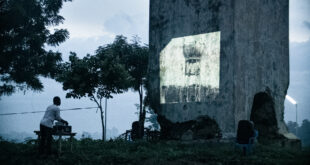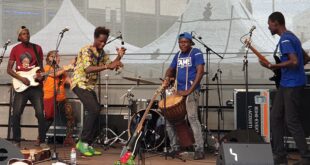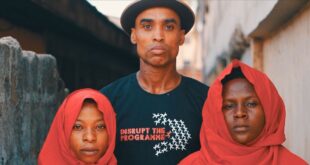Nigerian reggae singer Majek Fashek has died aged 71.
His manager, Omenka Uzoma Day, confirmed the news on Monday via a short video on Instagram, saying the “the legend has gone to be with the Lord, but this time we should all celebrate him”.
https://www.instagram.com/p/CA6vrA9gzOr/?utm_source=ig_embed
The reggae singer and guitarist, whose real name is Majekodunmi Fasheke, was born in Benin City on 6 February 1949 to a Yoruba father and an Edo mother.
The legendary singer had been seriously sick since last year. He had to be flown to the UK last September where he was hospitalised at the Queen Elizabeth Hospital in London. Video clips of him in his hospital bed went viral, showing his pathetic situation, and drawing support for his treatment from his fans.
Majek, who was popularly known as the rain maker, had been having tough times for many years.
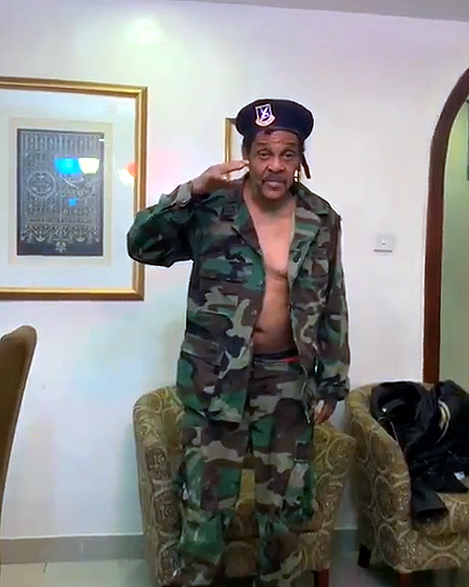
In 2005, Majek went bankrupt having suffered drug addiction for a long period of time. But, after he admitted he needed help at the time, he was treated at a drug rehabilitation centre in Abuja.
Majek’s death is a blow to Nigerian entertainment as he was one of Nigeria’s surviving reggae music legends. He attracted international attention in 1987, when he sang a self-penned song, titled ‘Send Down The Rain’, which became a global hit.
In 1988, Majek released an album titled “Prisoner of Conscience” which include the song “Send Down The Rain” which became the most popular song of the year, and Majek too, became Nigeria’s top reggae artist.
In 1989, Majek Fashek won six PMAN (Performing Musicians Association of Nigeria) awards which included “Song of the Year”, “Album of the Year” and “Reggae Artist of the Year”.
Majek worked with various artists worldwide, including Tracy Chapman, Jimmy Cliff, Michael Jackson, Snoop Dogg, and Beyoncé.
Kola Tella
 THE AFRICAN COURIER. Reporting Africa and its Diaspora! The African Courier is an international magazine published in Germany to report on Africa and the Diaspora African experience. The first issue of the bimonthly magazine appeared on the newsstands on 15 February 1998. The African Courier is a communication forum for European-African political, economic and cultural exchanges, and a voice for Africa in Europe.
THE AFRICAN COURIER. Reporting Africa and its Diaspora! The African Courier is an international magazine published in Germany to report on Africa and the Diaspora African experience. The first issue of the bimonthly magazine appeared on the newsstands on 15 February 1998. The African Courier is a communication forum for European-African political, economic and cultural exchanges, and a voice for Africa in Europe.





